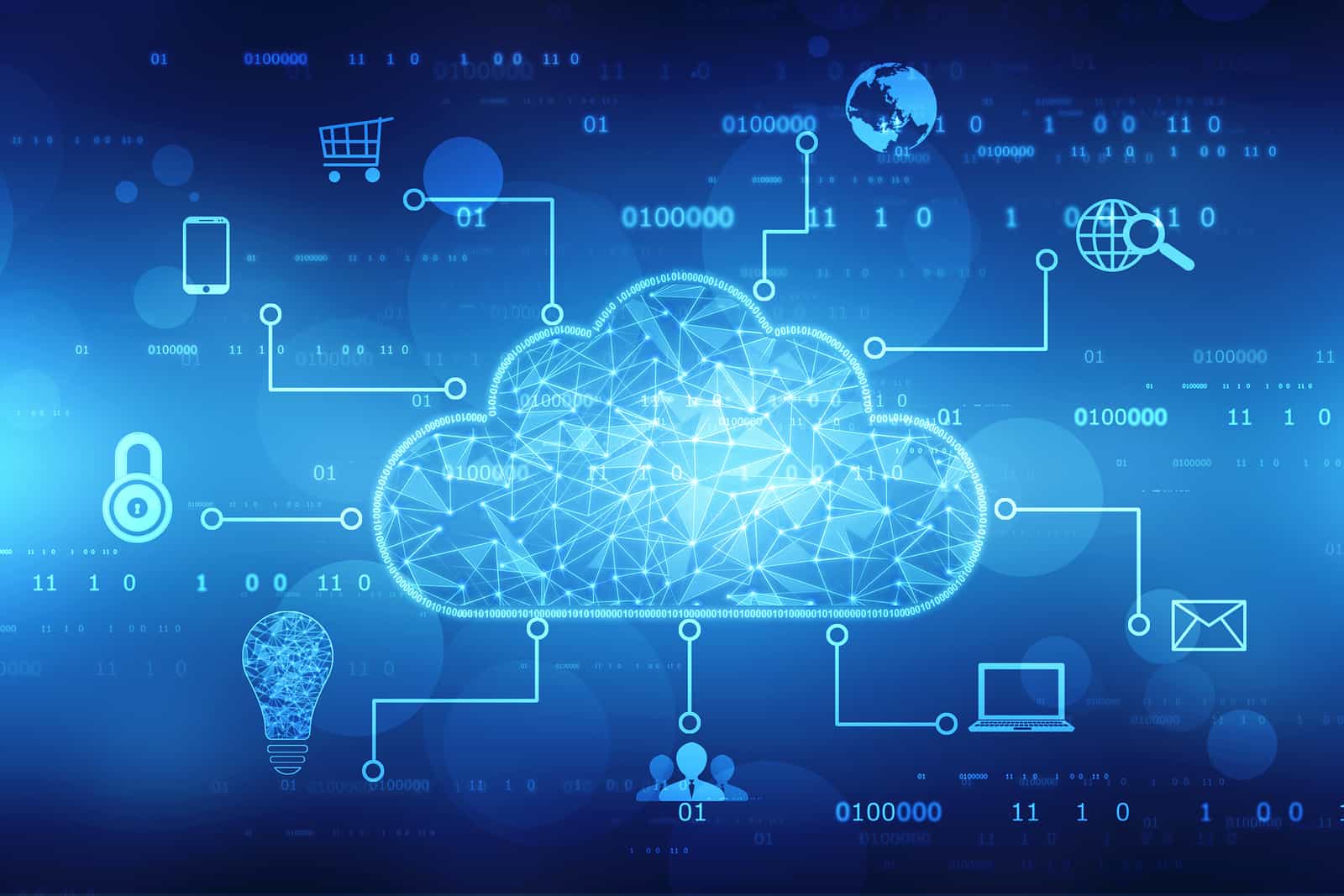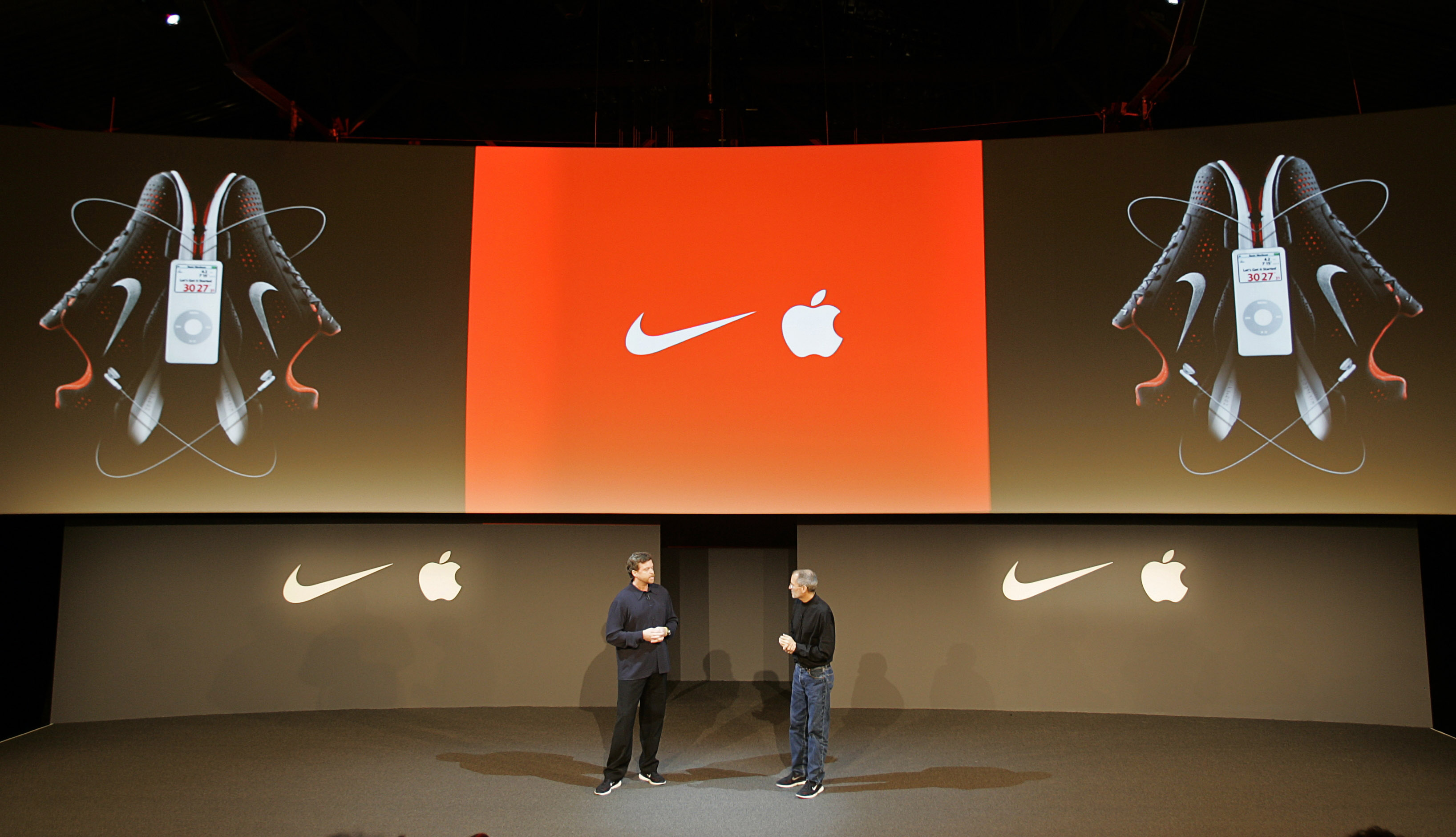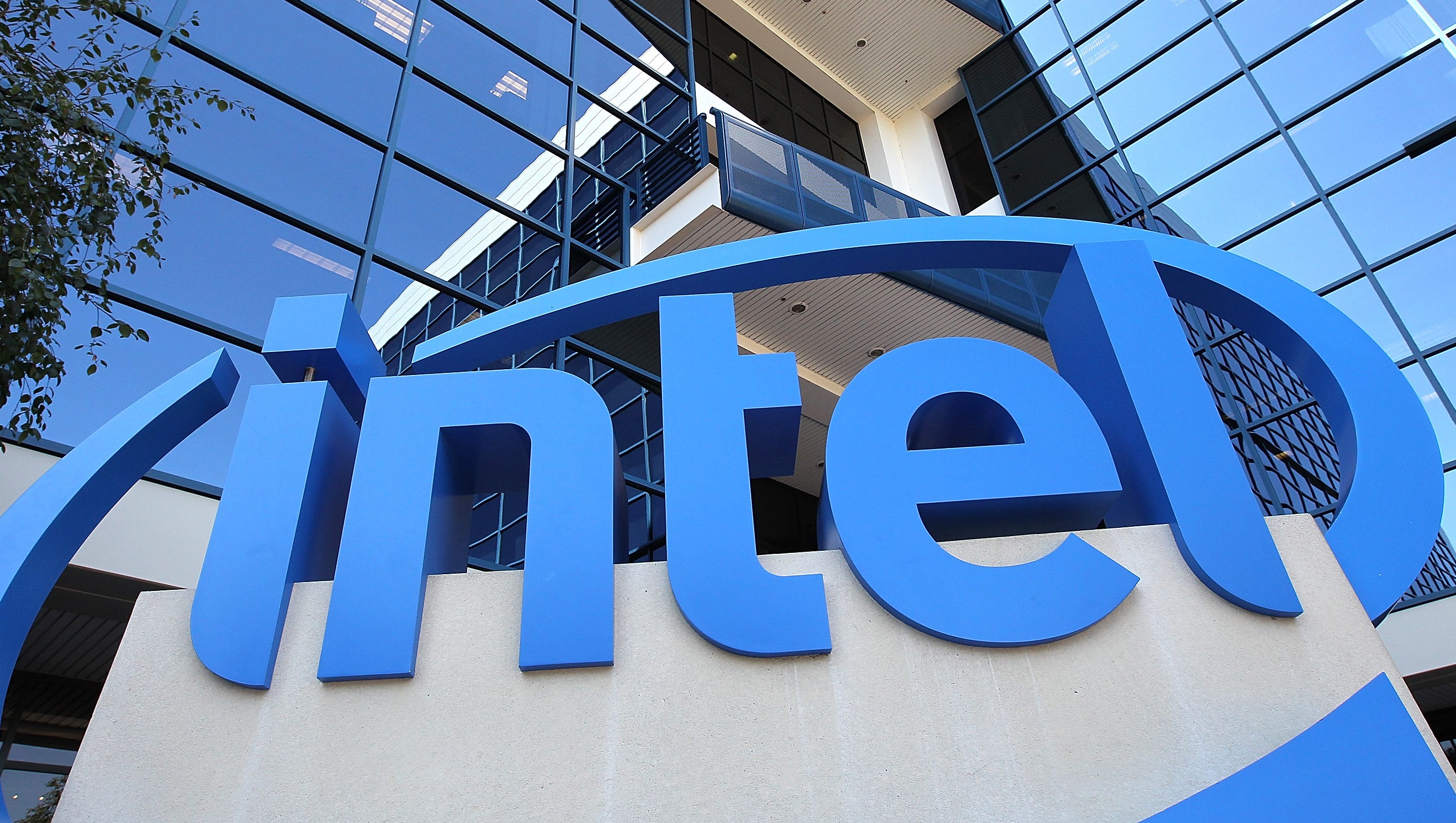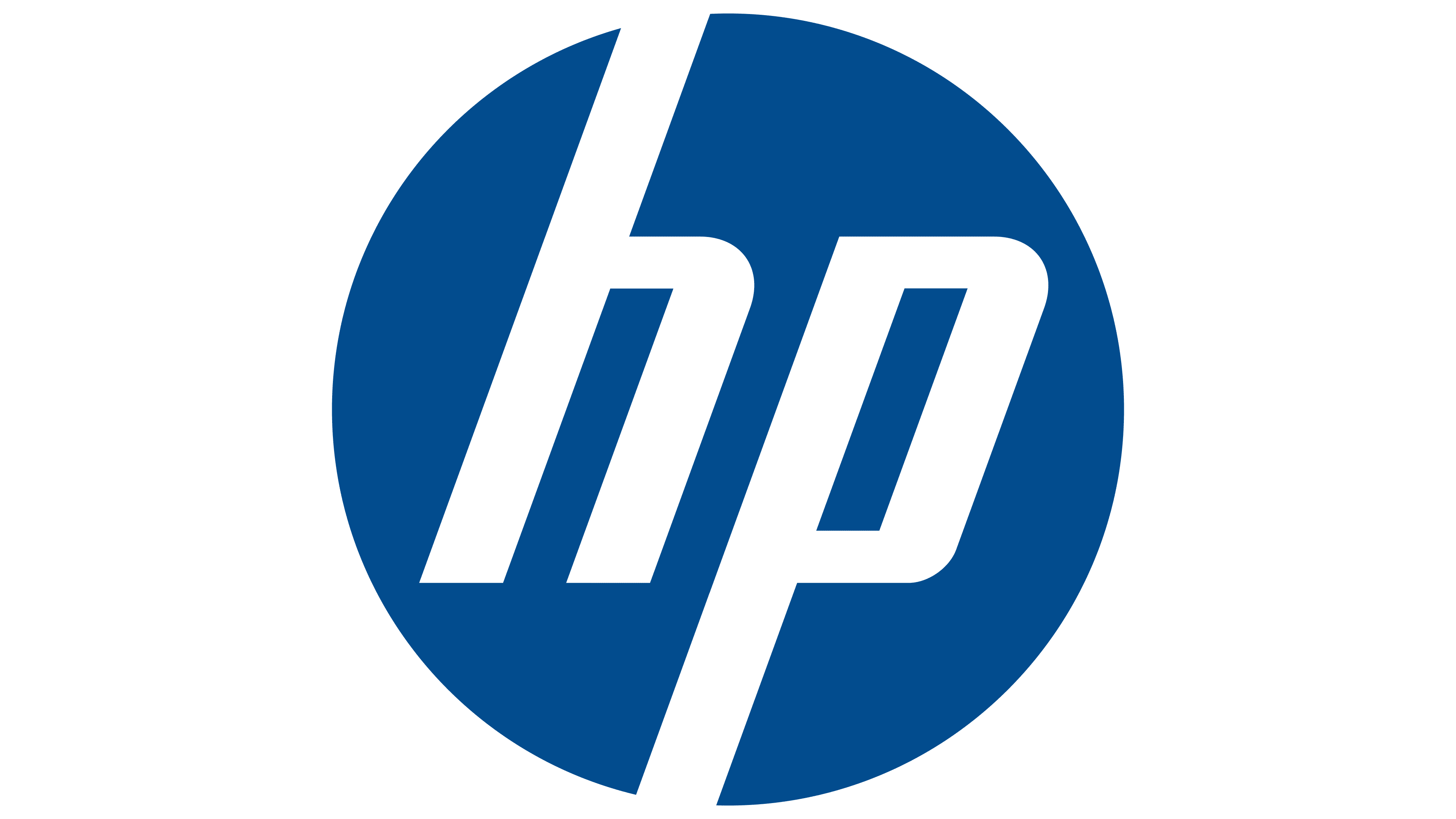
INTRODUCTION
In the United States in 2023, the Internet of Things (IoT) industry continues to expand rapidly. Several companies have emerged as leaders in the IoT space, offering a range of products and services tailored to different industries and applications. Notable companies include Amazon, Google, Microsoft, Apple, and Samsung.

Amazon is a leader in cloud computing and connected devices, offering a comprehensive suite of IoT-related products, including Amazon Web Services, Amazon Alexa, and Amazon Connect. Amazon’s IoT products are used by a wide range of businesses, from small startups to large enterprises.
Google has been a major player in the IoT space since its founding, with its Google Home platform for connected devices, its Cloud IoT Core, and other related products. Google’s focus on the development of artificial intelligence technology has been particularly beneficial for those looking to benefit from smart home technology and automation.
Microsoft has also been actively involved in the IoT space, offering its range of Azure IoT products, along with its Azure Digital Twins platform. Microsoft provides a comprehensive suite of tools for developers and organizations alike to help them develop, deploy, and manage their connected devices.
Apple has long been at the forefront of the IoT revolution, with its HomeKit platform and its plans for an integrated “HomePod” product. Apple’s focus on user experience has made it a popular choice for many users and businesses looking to benefit from the latest in connected device technology.
Finally, Samsung has also made a name for itself with its SmartThings platform, offering users a powerful ecosystem of connected devices and services. SmartThings is designed to make it easy for users to control their home environment, and Samsung has also partnered with several third-party service providers to offer a range of additional features.
Overall, the IoT industry in the United States in 2023 is thriving, with many innovative companies offering a range of products and services. Companies like Amazon, Google, Microsoft, Apple, and Samsung continue to be some of the most influential players in the field, driving innovation and progress in the IoT space.
IMPORTANCE
The Internet of Things (IoT) is an increasingly important part of business operations in the United States. By 2023, it is estimated that IoT technology will be widespread and help businesses to save money and increase efficiency. For companies operating in the US, IoT technology can provide a competitive advantage, as well as providing new opportunities for growth.
IoT devices allow businesses to collect data from customers, staff, and other external sources, which can then be analyzed and used to improve services, speed up processes and reduce costs.

In addition, IoT technology offers more efficient ways to manage resources, such as energy and supplies, helping businesses to minimize waste. IoT also makes it easier for companies to monitor their operations, identify potential risks and make better-informed decisions for their organization’s future.
IoT solutions can also give companies an edge when it comes to customer service. Smart sensors, cameras and other IoT devices can be used to track customer behaviour, allowing companies to understand their needs and preferences better and provide tailored experiences. Businesses can also use IoT to automate tasks and processes, freeing up time for employees to focus on more important areas of the business.
Finally, with the rise of connected devices, businesses have access to vast amounts of data, which can be used to gain insights into trends, market opportunities and customer behaviours. This data can be used to inform product development, marketing strategies, and customer experience initiatives.
In short, organizations that embrace the power of IoT technology in 2023 will be well-positioned to drive innovation and accelerate growth. Companies should begin investing in the necessary infrastructure and strategy now in order to reap the rewards in the years ahead.
Here are the top 10 best IOT companies in USA in 2023
Amazon – Amazon is a global technology and e-commerce company based in Seattle, Washington. Founded by Jeff Bezos in 1994, Amazon has become one of the world’s largest companies, offering products and services in multiple categories, including retail, cloud computing, artificial intelligence, and digital streaming. Amazon’s focus on customer service, convenience, and affordability have made it a top choice for consumers.
Amazon’s core business revolves around its online marketplace, which allows customers to purchase items from millions of vendors worldwide. Amazon also sells its own branded products such as Kindle e-readers, Fire tablets, Echo devices, and more. Additionally, Amazon offers subscription services such as Prime Video, Amazon Music, and AmazonFresh.
Amazon Web Services (AWS) is Amazon’s cloud computing platform and offers a wide range of services including storage, databases, compute, analytics, and machine learning. It is used by individual developers, small businesses, and large enterprises all over the world.
Amazon is committed to sustainability, promoting ethical practices, and creating a positive working environment for its employees. The company has made significant investments in renewable energy projects, energy efficiency initiatives, plastic-waste reduction, and other environmental conservation efforts.
In addition to its corporate headquarters in Seattle, Amazon employs over 800,000 people in warehouses, fulfillment centers, customer service centers, and offices around the world. The company reported $280 billion in net sales in 2020 and continues to be a leader in the e-commerce industry.
Microsoft – Microsoft is a global technology company that develops, manufactures, licenses, supports and sells computer software, consumer electronics, personal computers, and related services. Founded in 1975 by Bill Gates and Paul Allen, Microsoft is today one of the world’s largest corporations with a diversified portfolio of products and services.

Microsoft’s mission is to “empower every person and every organization on the planet to achieve more.” Microsoft offers a variety of products and services, such as Windows operating systems, Office productivity suites, gaming consoles, cloud computing solutions, enterprise services, artificial intelligence (AI) solutions, mixed reality solutions, communication services, and machine learning solutions.
Microsoft has over 135,000 employees worldwide and offices in more than 190 countries around the world. Microsoft also offers online services such as OneDrive, Outlook.com, Skype, MSN, and Bing, as well as its own app store, the Microsoft Store.
Additionally, Microsoft is actively involved in philanthropy and social responsibility initiatives, focusing on areas such as education, accessibility, healthcare, and environmental sustainability. Microsoft strives to be a leader in corporate responsibility and has achieved numerous awards for its commitment to these efforts.
IBM – IBM (International Business Machines Corporation) is a leading global technology company headquartered in Armonk, New York. Founded in 1911, IBM has grown to become one of the most influential and profitable companies in the world. It provides a wide range of products and services for businesses and consumers, including cloud services, analytics, software, hardware, mobility, and cognitive computing.
More than 100 million people use IBM’s products and services in over 170 countries. Its core mission is to drive progress through innovation, with an emphasis on bridging the gap between business and technology. IBM’s main focus areas are cloud computing, mobile, analytics, artificial intelligence, Internet of Things, and quantum computing.
The company has a significant presence in many industries, such as healthcare, finance, retail, transportation, and government. IBM’s strategy of investing in disruptive technologies and its ability to apply them to solve real-world problems have enabled it to maintain its leadership position in the global market.
IBM’s corporate culture is characterized by its commitment to innovation, trust, respect for its people, and its dedication to customer satisfaction. The company invests heavily in research and development and is committed to creating an inclusive environment that values diversity and encourages collaboration.
IBM also places a strong emphasis on corporate responsibility and sustainability initiatives, which include programs related to energy efficiency and global warming.
In conclusion, IBM is a global leader in the technology sector, with a long history of innovation and a solid commitment to customer satisfaction and corporate responsibility. Its products and services help businesses and individuals stay ahead of the curve, making it one of the most respected companies in the world.
Apple – Apple is a technology giant based in Cupertino, California. Founded in 1976 by Steve Jobs, Steve Wozniak, and Ronald Wayne, Apple revolutionized the personal computer industry with the introduction of its Macintosh in 1984. The company has since become one of the world’s leading electronics companies, offering products such as the iPhone, iPad, MacBook, Apple Watch, AirPods, and HomePod.

Apple also produces software such as iOS, macOS, watchOS, and tvOS. In addition to its hardware and software offerings, Apple also provides services such as iCloud, Apple Music, Apple Arcade, and Apple Pay. Apple’s current CEO is Tim Cook, who succeeded Jobs in 2011.
Apple is known for its innovative products and customer service and its commitment to creating sustainable products that meet the needs of its customers. It is also committed to making sure its products are accessible to everyone.
Apple has made numerous contributions to the tech industry, including introducing powerful mobile devices, reinventing the mobile app ecosystem, developing new technologies like AR and facial recognition, and pushing innovation in artificial intelligence, machine learning, and other cutting-edge domains.
Google – Google is one of the world’s most recognizable and successful technology companies. Founded in 1998 by Larry Page and Sergey Brin, Google has grown to become a powerhouse in many areas of the tech industry, including search engine technology, cloud computing, operating systems, web browsers, and digital advertising.
With its Android mobile operating system, Google has been able to tap into the immense global market for mobile devices. The company also offers hardware devices, such as Chromebooks and Pixel smartphones, as well as services such as Gmail, Google Drive, and Google Maps.
Google’s mission is to “organize the world’s information and make it universally accessible and useful”. Over the years, Google has invested heavily in research and development, leading to the development of new and innovative products and services.
Through a combination of acquisitions and internal development, Google now has products and services in numerous industries, from self-driving cars to machine learning. Google’s success can be attributed to its ability to anticipate customer needs and develop solutions before competitors are able to catch up.
Google’s massive size also puts it in a strong position to continue to lead the way in technological innovation for many years to come.
Intel – Intel is a global leader in technological innovation and the world’s largest semiconductor chip manufacturer. Founded in 1968, Intel develops, manufactures and markets integrated digital technology platforms and components for various industries such as computing and communications.

Intel’s products enable the development of highly advanced computers, mobile devices, network infrastructure, medical devices and many other technologies that are essential to today’s digital age. Intel is constantly innovating and introducing new products to meet the demands of the ever-changing technology landscape.
Intel has more than 100,000 employees around the world, with major research and development centres located across five continents and corporate headquarters in Santa Clara, California. Its most popular product is the Intel Core processor, which is used in hundreds of millions of laptops, desktops and servers worldwide. Intel also makes chipsets, graphics processors and other products for use in consumer electronics, automotive, security and healthcare applications.
The company is renowned for its commitment to technological advancement and leadership in creating energy-efficient and cost-effective solutions. Intel has a strong presence in education, offering resources to students and educators alike and investments in programs meant to improve the lives of people in underserved communities.
Intel is a powerful example of the impact that technology can have on society, the economy, and the environment.
Cisco – Cisco is a global technology leader that designs, manufactures, and sells networking equipment. Founded in 1984, Cisco specializes in the development of IP-based networking technologies such as routers, switches, security, and wireless systems. Cisco systems are used by many businesses to increase productivity and operational efficiency.
Cisco’s mission is to shape the future of the Internet by creating an intelligent network infrastructure that enables people, businesses, and communities around the world to communicate, collaborate, and innovate. To achieve this goal, Cisco invests heavily in research and development, focusing on areas such as artificial intelligence, cloud computing, machine learning, automation, and the Internet of Things.
In addition to its core products, Cisco provides a range of services, including training, technical support, and consulting. It also offers a variety of software solutions designed to help customers reduce their IT costs and improve performance. Cisco has partnerships with many leading industry players, including Google, Microsoft, IBM, and Oracle, to deliver innovative and cost-effective solutions.
Cisco has over 72,000 employees worldwide, operating in more than 160 countries. The company is listed on the NASDAQ and is one of the most valuable companies in the world. With its commitment to innovation, customer service, and sustainability, Cisco continues to be at the forefront of the tech industry.
Samsung – Samsung is a South Korean multinational conglomerate headquartered in Samsung Town, Seoul. It was founded by Lee Byung-Chul in 1938 as a trading company and, over the past several decades, has grown into a global leader in consumer electronics, semiconductors, telecommunications, home appliances, and digital media. Today, Samsung is the world’s largest information technology company, with revenues of more than US$260 billion.

In consumer electronics, Samsung has become one of the world’s top producers of smartphones, televisions, and home appliances. The company produces a wide range of mobile devices, such as the Galaxy S and Note series, as well as the Gear smartwatch. It also manufactures curved Ultra HD TVs, home appliances such as washing machines and refrigerators, and laptops.
In semiconductor technology, Samsung has become one of the world’s largest suppliers of DRAM, NAND flash memory, SSDs, and image sensors. Its Exynos line of system-on-chip solutions is widely used in Android devices, while its processors are found in Apple products. Samsung also produces microcontrollers, display drivers, and LED lighting.
In the telecommunications sector, Samsung produces mobile phones and tablets, network equipment, and home telecommunications such as DSL and IPTV. The company also provides mobile communications services such as voice, data, and multimedia messaging services.
In addition to its core business operations, Samsung invests in research & development and sponsors numerous educational and sporting events. The company also actively contributes to society by supporting various social and environmental initiatives.
Siemens – Siemens is a German multinational engineering and technology conglomerate. It is one of the largest companies in Europe, with operations in over 190 countries. Founded in 1847, Siemens has grown to become an industry leader in energy solutions, healthcare, mobility, and more.
Siemens focuses on innovation, enabling it to develop ground-breaking products and services for its customers. It’s also focused on sustainability, aiming to decrease its environmental impact and provide energy solutions that reduce carbon emissions. The company invests heavily in research and development, creating innovative technologies such as smart grids and connected lighting systems.
In the healthcare field, Siemens provides medical imaging systems, laboratory diagnostics equipment, and healthcare IT solutions. The company is working on digitalizing the healthcare industry, helping hospitals to operate more efficiently and deliver better patient care.
In the energy sector, Siemens offers solutions for efficient power generation, transmission, and distribution. This includes renewable energy sources like solar, wind, and hydroelectric power. The company also provides automation solutions for power plants and other industrial settings, helping to optimize processes and reduce energy costs.
For the mobility sector, Siemens supplies train tracks, locomotives, signaling equipment, and other components. This helps rail networks around the world run more efficiently and safely.
Overall, Siemens is a major force in the global economy, providing solutions for a wide range of industries and applications. Its commitment to innovation and sustainability makes it a leader in the engineering and technology sectors.
HP – HP (Hewlett Packard) is an American multinational information technology company based in Palo Alto, California. Founded in 1939 by Bill Hewlett and Dave Packard, HP is one of the world’s largest technology companies.

HP provides a wide range of products and services, ranging from personal computers and printers to enterprise storage solutions, software, and cloud computing. HP supports customers in more than 170 countries, with over half of its revenue coming from outside the United States.
HP is divided into three main business units: Personal Systems, Printing, and Enterprise Group. The Personal Systems unit produces desktop and laptop computers, tablets, and other consumer electronics.
The Printing unit manufactures printers and scanners, as well as other printing supplies such as ink cartridges and toners. The Enterprise Group produces high-end servers, networking products, storage solutions, and other enterprise IT solutions.
HP also provides consulting and support services for its customers. It has a variety of programs aimed at supporting businesses, including cloud computing solutions, IT security services, and business intelligence analytics. HP also offers educational programs, research grants, and internships to promote the growth of new technologies.
HP has a long history of innovation and was the first company to market laser printers, as well as the first to offer inkjet and colour printing. It has also been recognized for its environmental efforts, becoming one of the first tech companies to commit to 100 per cent renewable energy usage. HP continues to be a leader in the field of technology, offering a wide range of products and services that are used around the world.
CONCLUSION
In 2023, the Internet of Things (IoT) industry in the United States is booming. Companies are making record profits as demand for IoT solutions grows among consumers and businesses alike.
Major companies such as Google, Amazon, and Apple are leading the charge, while smaller players like Ring, Nest, and Arlo are competing on the same level. As a result, the competition is fierce, and the prices of IoT products have been driven down significantly.
All in all, the future of the IoT industry in the United States looks bright and innovative companies are poised to make their mark in the coming years.




